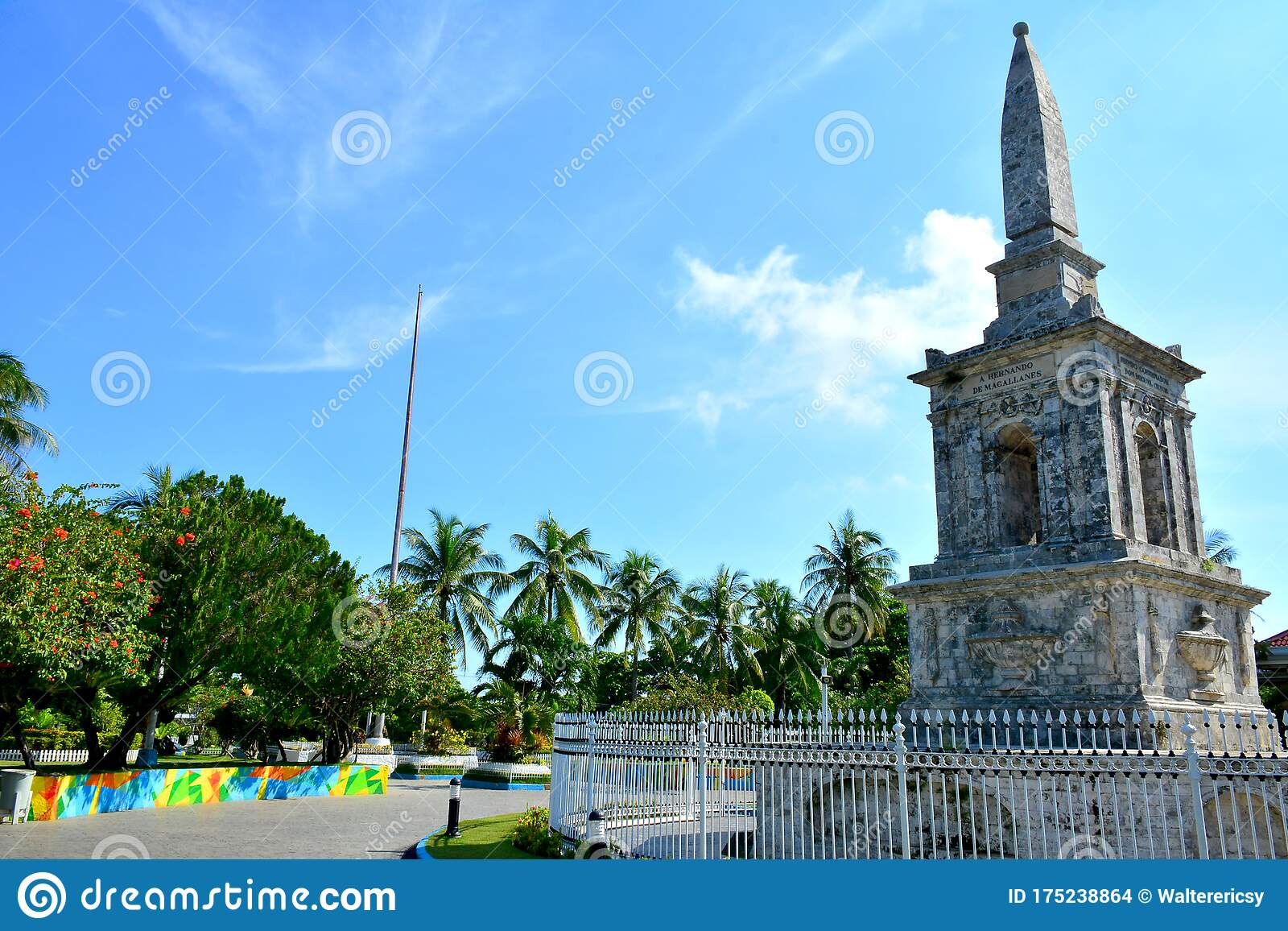how did nationalism lead to ww2
How Did Nationalism Lead To Ww2?
The Main CauseNationalism was taken entirely too far, especially by the German people. Once Hitler came into power while Germany was basically in a depression and had lost all hope, all they wanted was more land and power. This nationalism also led to militarism which also contributed to the war.
How did nationalism lead to a world war?
The most direct way nationalism caused World War I was through the assassination of Archduke Franz Ferdinand, who was the heir to the throne of the Austro-Hungarian Empire. … This led, on July 23, 1914, to a series of unconditional demands sent to Serbia by the Austro-Hungarian empire in the form of an ultimatum.
What is an example of nationalism in ww2?
The Japanese, during WWII, displayed nationalism. The Japanese elite worked to show their superiority and try to rule over others. Benito Mussolini is an example of a nationalistic leader.How did imperialism and nationalism lead to ww2?
How did nationalism and imperialism lead to conflict in Europe? Nationalism and imperialism encouraged each nation to pursue its own interest and compete for power. The existence of the European Alliances. Countries such as Great Britain and Italy were pulled into the war due to the country supporting their allies.
What are 3 effects of nationalism?
Explore the effects of nationalism
See also mutations that can affect the offspring of an organism occur in what cell type?positive outcomes—promotes a sense of identity, unites people, promotes pride. negative outcomes—leads to conflict with others, infringes on rights of others, creates xenophobia—the fear that someone will take them over.
How did nationalism contribute to WW1 quizlet?
How did Nationalism cause WWI? … The Assassination of Archduke Franz Ferdinand and his wife Sophi by a Serbian nationalist group known as the “Black Hand”. Gavrilo Princip. Serbian nationalist who was responsible for the assassination of Archduke Franz Ferdinand.
Where did AIF fight in WW1?
The Australian Government established the Australian Imperial Force (AIF) in August 1914 and immediately began recruiting men to serve the British Empire in the war. The men of the AIF served in the Middle East and on the Western Front during the war.
What are the causes of nationalism?
Suggested Activities- historical—attachment to longstanding conditions and practices.
- political—desire for power or autonomy.
- social—concern for group values, customs and traditions.
- economic—concern for standard of living or monetary gain.
- geographic—affiliation with particular territory.
What does nationalism mean in simple terms?
Nationalism is an ideology that emphasizes loyalty, devotion, or allegiance to a nation or nation-state and holds that such obligations outweigh other individual or group interests.
How did nationalism help ignite the war in Europe?
How did the following help to ignite the war in Europe? Nationalism: the belief that one’s nation is better than another; people wanted to support their country. … Assassination of Archduke Ferdinand: set higher tensions for the countries and alliances had to go to war.
How did nationalism cause tensions in Europe?
How did Nationalism increase tensions among European nations? It can cause intense competition among nations with each seeking to overpower the other. … Signed treaties in which each nation involved pledges to defend the other if attacked by an aggressor. 6.
What is Nationalism What impact can it have?
What impact can it have? Nationalism is a belief or pride in one’s country. It can bring together/unite, or break up a country. How did the French Revolution impact the revolutionary movements in Haiti and Latin America? The success of the French Revolution inspired Latin American Revolutions.
What is Nationalism when did it become a widespread force?
Nationalism is the sense of loyalty to one’s nation. It became a widespread force during the 19th century. … Nationalism prior to the 19th century was seen in the dynasties of China, Maurya and Gupta Empire in India, and the Roman Empire in Europe.
What role did Nationalism play in forming nation states Brainly?
Explanation: Nationalism holds that each nation should govern itself, free from outside interference (self-determination), that a nation is a natural and ideal basis for a polity and that the nation is the only rightful source of political power (popular sovereignty).
What role did nationalism and alliance systems play in the outbreak of the First World War?
Nationalism was a particularly important cause of World War I due to several key factors. For instance, it caused nations to build up their armies and led to increased militarism. As well, it created extremely high tensions in Europe in the decades before the outbreak of the First World War.
How did ww2 ultimately end?
World War II ended with the unconditional surrender of Germany in May 1945, but both May 8 and May 9 are celebrated as Victory in Europe Day (or V-E Day). … 14, 1945, signing their surrender on Sept. 2. The Japanese surrender occurred after the United States dropped atomic bombs on Hiroshima and Nagasaki on Aug.
How did the spirit of nationalism help push countries toward war?
How did nationalism and militarism both work to push Europe toward war? Nationalism pushed for Europe to enter into a world war because this jingoism pushed Europeans to feel more competition between one another, leading to more tension between the nations.
What is the AIF ww2?
The Second Australian Imperial Force (Second, or 2nd, AIF) was the name given to the volunteer personnel of the Australian Army in World War II. … The Second AIF fought against Nazi Germany, Italy, Vichy France and Japan. See also how many hydrogen and oxygen atoms are in a water moleculeWho started ww2?
World War II began in Europe on September 1, 1939, when Germany invaded Poland. Great Britain and France responded by declaring war on Germany on September 3. The war between the U.S.S.R. and Germany began on June 22, 1941, with Operation Barbarossa, the German invasion of the Soviet Union.
Why was the AIF formed?
The First Australian Imperial Force (1st AIF) was the main expeditionary force of the Australian Army during World War I. It was formed as the Australian Imperial Force (the AIF) on 15 August 1914, following Britain’s declaration of war on Germany, initially with a strength of one infantry division and one light horse …How did nationalism and the idea of nationalism emerge?
Answer: Nationalism and the idea of the nation-state emerged within the culturally and regionally diverse groups of Europe. Due to industrialization and transformation of society there emerged a middle class consisting of businessmen, working professionals, industrialists, labourers and working class people.
Why was nationalism an important factor for causing WWI for Austria Hungary and Serbia?
Why was nationalism an important factor? It was an important factor because it brought Italy and Germany together since they wanted more national pride. This created more conflict in the reaction to the alliances between France and Russia.
What is the theory of nationalism?
Nation is state-oriented, whereas nationalism is an ideology which may simply promote one’s own identity against Others. … While the ideology-based approach comes first, the creation of a nationalist movement implies the rise of socio-economic conflicts and the massification of nationalism, a process of nation-building.
What is the best definition of nationalism?
Nationalism is the belief that your own country is better than all others. … Patriotism is a healthy pride in your country that brings about feelings of loyalty and a desire to help other citizens. Nationalism is the belief that your country is superior, without question or doubt.
What changes did the war bring about for immigrants?
The outbreak of World War I greatly reduced immigration from Europe but also imposed new duties on the Immigration Service. Internment of enemy aliens (primarily seamen who worked on captured enemy ships) became a Service responsibility.
How did the US Navy help win the war?
How did the United States Navy help win the war? Suggested the convoy system and put it into use.Barrier of mines into the North Sea; Prevented u-boats. What new weapons of mechanized warfare threatened those in combat?
Why did the pacifists oppose ww1?
They opposed the war by speaking against the war and diminishing reform efforts. Should the United States have ratified or rejected the Treaty of Versailles? I think that the United States should have signed the Treaty of Versailles.
How did nationalism influence national revolutions?
How did Nationalism and Democracy influence national revolutions? National Pride, economic competition, and democratic ideals simulated the growth of nationalism. The terms of the Congress of Vienna led to widespread discontent in Europe. Unsuccessful revolutions of 1848 increased nationalistic tensions.
What factors helped nationalism take hold in Germany and Italy?
The Revolutions of 1848 resulted in a major development of the Italian nationalist movement. The Risorgimento was an ideological movement that helped incite the feelings of brotherhood and nationalism in the imagined Italian community, which called for the unification of Italy and the pushing out of foreign powers.
How does the rise of nationalism play a role in imperialism of the late 19th and early 20th century?
It could also create a competitive attitude among nations. In this era, in particular, nationalism pushed the governments of Britain, France, Germany, and other European powers to compete, first in Europe and then around the world. Nationalism motivated imperialists to take new colonies before their competitors could.
How did the idea of nation states and nationalism influence desire for war during World War?
the people of respective states were full of nationalistic feeling. later this created pride in oneself and hatred towards other nations. this leads to aggressive nationalism or negative feeling towards nation. therefore the result was desire for war.
How did nationalism develop through culture in Europe explain?
Nationalism developed through culture in Europe: Culture played an important role in creating the idea of the nation, art and poetry, stories and music helped to express and shape nationalist feelings. … It was through folk songs, folk poetry and folk dances that the true spirit of a nation was popularized.
How did the idea of nationalism emerged in 18th century in Europe?
(i) Nationalism and the idea of the nation state emerged within the culturally and regionally diverse groups of Europe. (ii) Due to industrialisation and transformation of society, there emerged a middle-class consisting of businessmen, working professionals, industrialists, labourers and working class people.
What’s an example of nationalism?
Understanding Nationalism Through Examples
See also when choosing an investment, you should consider risk. the four primary risk components areIndia’s promotion of India as a Hindu nation is an example of nationalism. … Hitler’s unity of the Germans through various techniques in order to achieve his agenda is a historical example of nationalism. Nationalism is evident in European countries’ colonial expansion.





